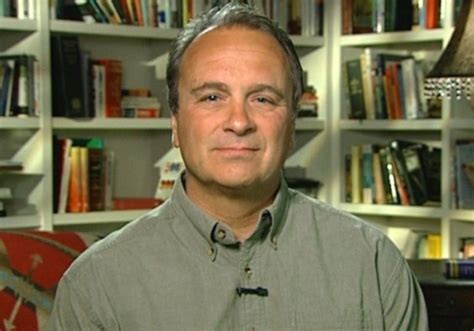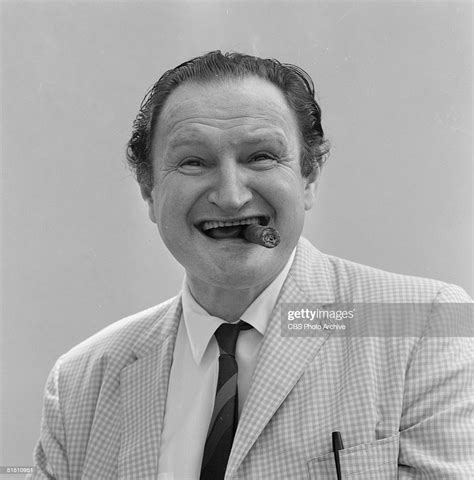A Quote by Barbara Ehrenreich
The war with Iraq ... had to be one of the greatest non sequiturs in military history. Attacked by a gang composed largely of Islamic militants from Saudi Arabia, the United States countered by invading an unrelated country, and one of the most secular in the Middle East at that.
Related Quotes
Sadly, a U.S. invasion of Iraq 'would threaten the whole stability of the Middle East' - or so Amr Moussa, secretary-general of the Arab League, told the BBC on Tuesday. Amr's talking points are so Sept. 10: It's supposed to destabilize the Middle East. The stability of the Middle East is unique in the non-democratic world and it's the lack of change in Iraq, Iran, Saudi Arabia, Syria, Egypt that's turned them into a fetid swamp of terrorist bottom-feeders.
Allowing an independent and sovereign Iraq could be a nightmare for the United States. It would mean that it would be Shi'ite-dominated, at least if it's minimally democratic. It would continue to improve relations with Iran, just what the United States doesn't want to see. And beyond that, right across the border in Saudi Arabia where most of Saudi oil is, there happens to be a large Shi'ite population, probably a majority.
From the standpoint of a Middle Eastern citizen, Americans look like a bully forcing our way of life on the Islamic way of life. The notion of purity is very important in Islam, and a lot of the negative warlike actions taken against us have to do with our physical presence in the Middle East. Osama bin Laden was trying to get the American, or protesting the American military presence in Saudi Arabia. It's not surprising that our strong presence in Iraq has produced a wave of resistance anger, extreme anger in some cases, and a permissive atmosphere that allows these people to go undetected.
I believe that the Iraqis have an opportunity now, without Saddam Hussein there, to build the first multiconfessional Arab democracy in the Middle East. And that will make for a different kind of Middle East. And these things take time. History has a long arc, not a short one. And there are going to be ups and downs, and it is going to take patience by the United States and by Iraq's neighbors to help the Iraqis to do that. But if they succeed, it'll transform the Middle East, and that's worth doing.





































